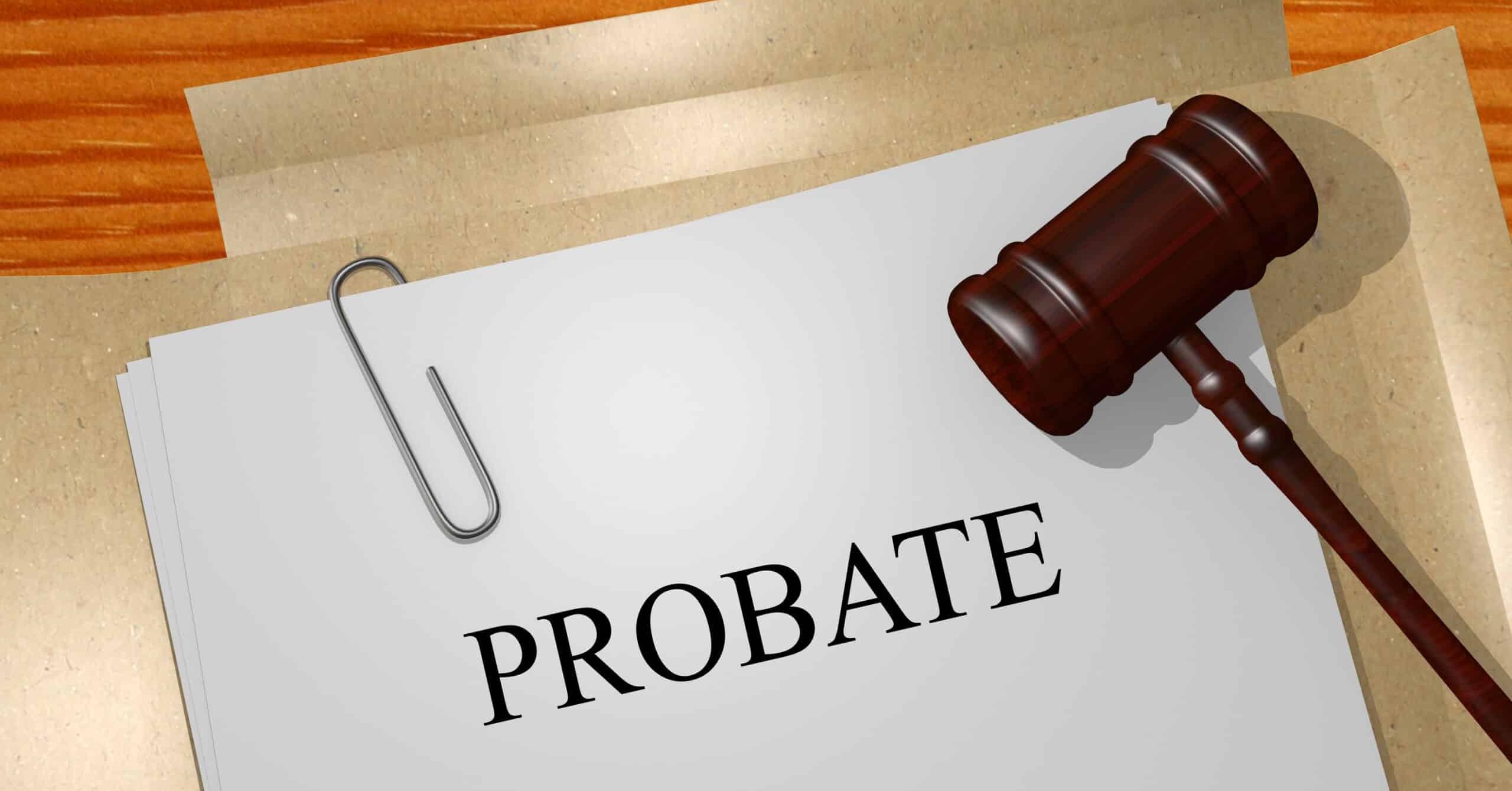When a person passes away, their estate may go through a court-supervised legal process called probate to officially distribute assets to heirs and settle any outstanding debts or taxes owed by the deceased. A probate lawyer is essential for guiding estates through this often complex and tedious process from start to finish. If you find yourself in the position of dealing with a probate case, read this to learn more about some of the key tasks a probate lawyer performs.
Initiating the Probate Process
The probate lawyer formally files the initial petition with the probate court to commence proceedings and be officially appointed executor or administrator of the estate. They gather the will if one exists, death certificate, list of assets, contact info for beneficiaries, and other required documentation to open probate.
Properly Notifying Beneficiaries and Creditors
In accordance with state laws, the probate lawyer must provide proper legal notice to all beneficiaries named in the will as well as any known estate creditors informing them that probate is underway. This is usually accomplished via registered mail and publication in a local newspaper.
Compiling a Comprehensive Asset and Debt Inventory
The lawyer must create a thorough accounting of assets owned by the deceased, including real estate, investment accounts, insurance policies, valuables, and personal property along with any outstanding debts like mortgages, loans, credit cards, etc. This inventory provides a complete picture of the estate.
Obtaining Accurate Date-of-Death Appraisals
For more valuable and complex assets like real estate holdings, business interests, collectibles, and vehicles, the probate lawyer works with professional appraisers to establish a fair market value as of the date of death. This ensures appropriate valuation for distribution and tax purposes.
Paying Valid Debts and Tax Obligations
Using estate funds, the lawyer pays any legitimate outstanding debts left behind by the deceased like mortgages, medical bills, credit cards, leftover utility bills, etc. as well as any state and federal estate taxes owed. This settles obligations before transferring assets to beneficiaries.
Dealing with Contested Claims
When beneficiaries or creditors make claims against the estate that the lawyer deems invalid or excessive, they file objections with the probate court and represent the estate in disputing such claims to protect overall value. This preserves more for rightful heirs.
Resolving Any Will Contests
If any aspect of the will is contested by heirs who believe they were wrongly excluded or feel terms are unfair, the probate lawyer handles legal proceedings to defend the validity of the will on behalf of the deceased’s final wishes.
Liquidating Assets When Necessary
For assets not passing directly to named beneficiaries, the lawyer may need to liquidate them by selling and converting them to cash to facilitate easier and more equitable distribution among heirs.
Distributing Bequests According to Court Orders
Once all debts, taxes, disputes, and valuations are settled, the probate lawyer works to ensure specific bequests stipulated in the will or court instructions are appropriately transferred to beneficiaries in a timely manner.
Closing the Estate Officially
After all distributions are completed, the lawyer formally closes out probate by filing final court paperwork, obtaining receipts and releases from beneficiaries confirming receipt of bequests, and wrapping up any last details so the estate can ultimately be dissolved.
Having an experienced probate lawyer handle these often complex steps on behalf of grieving family members provides essential guidance and peace of mind. They have the legal expertise to settle the estate properly and uphold the deceased’s final wishes. Read this to learn more.
